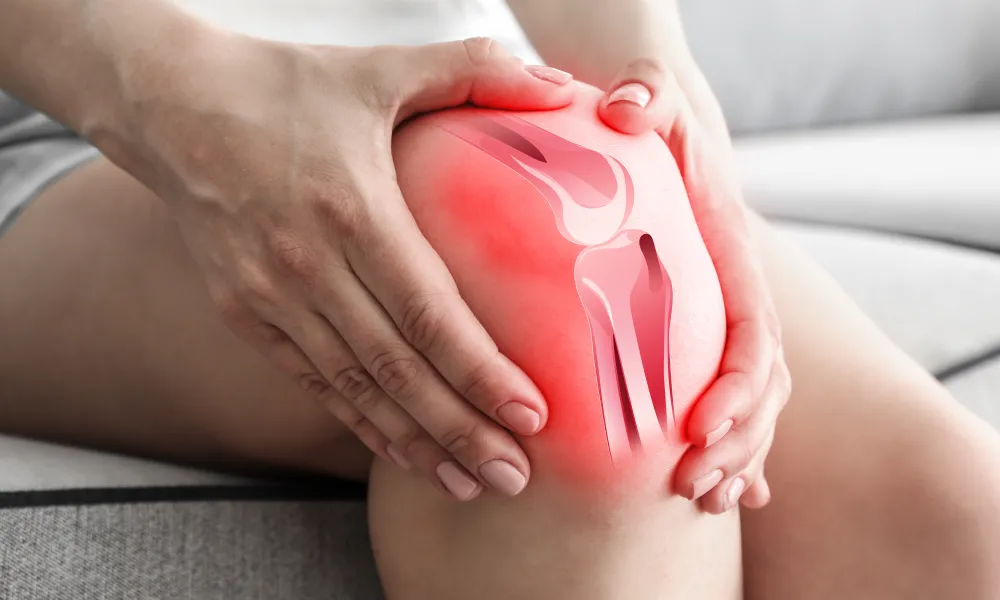I had the opportunity to experience recovery from a TKA through the eyes of a close family member, who I, as a joint replacement surgeon was the primary caregiver. This experience gave me a new appreciation of what our patients experience in the weeks after TKR. I will break this up into segments: pre-op, day of surgery and the first day of recovery, day 2- day 6, and weeks 2-6.
Pre-op
The key like so many things in life is making a good selection of the person who will be your surgeon. We choose a surgeon who specializes in joint replacement at a hospital that does a high volume of joint replacements. Multiple studies have been published demonstrating better results for joint replacement with surgeons who specialize in joint replacement at hospitals that do a high volume of joint procedures. That said there are orthopedic surgeons who are generalists who do a great job at joint replacement. However, this is a procedure that will put an implant in you for 20+ years, so you want the best person available to perform the procedure. In general, you want a surgeon who does a minimum of 50 joint replacement procedures per year.
Two months before surgery we began a pre-hab program to improve strength and flexibility in the leg that was going to get a new knee. The patient has to be involved in getting in the best shape possible for the procedure. The days of “ doc you have got to fix me” is over. This is a partnership where the patient has to help the surgeon help them. With this kind of partnership, everyone is pulling their oars in the same direction. We used a special soap to clean all body parts for three days pre-op to minimize the risk of infection. All medical conditions need to be optimized, i.e., high blood pressure, diabetes, obesity, anemia and you must stop smoking, and minimize drinking. Optimizing your medical comorbidities will decrease your risks of complications after surgery.
Make sure you have arranged post-op physical therapy before surgery. Arrange for help at home for the first week after surgery. You will need help at home for a week with a TKA maybe less with a total anterior hip. Arrange people to drive you to therapy, doctor appointments, and any other commitments. Be proactive your recovery depends on it.
Go into surgery with a positive attitude knowing that you’ve done all you can to optimize your outcome and help with your recovery.

